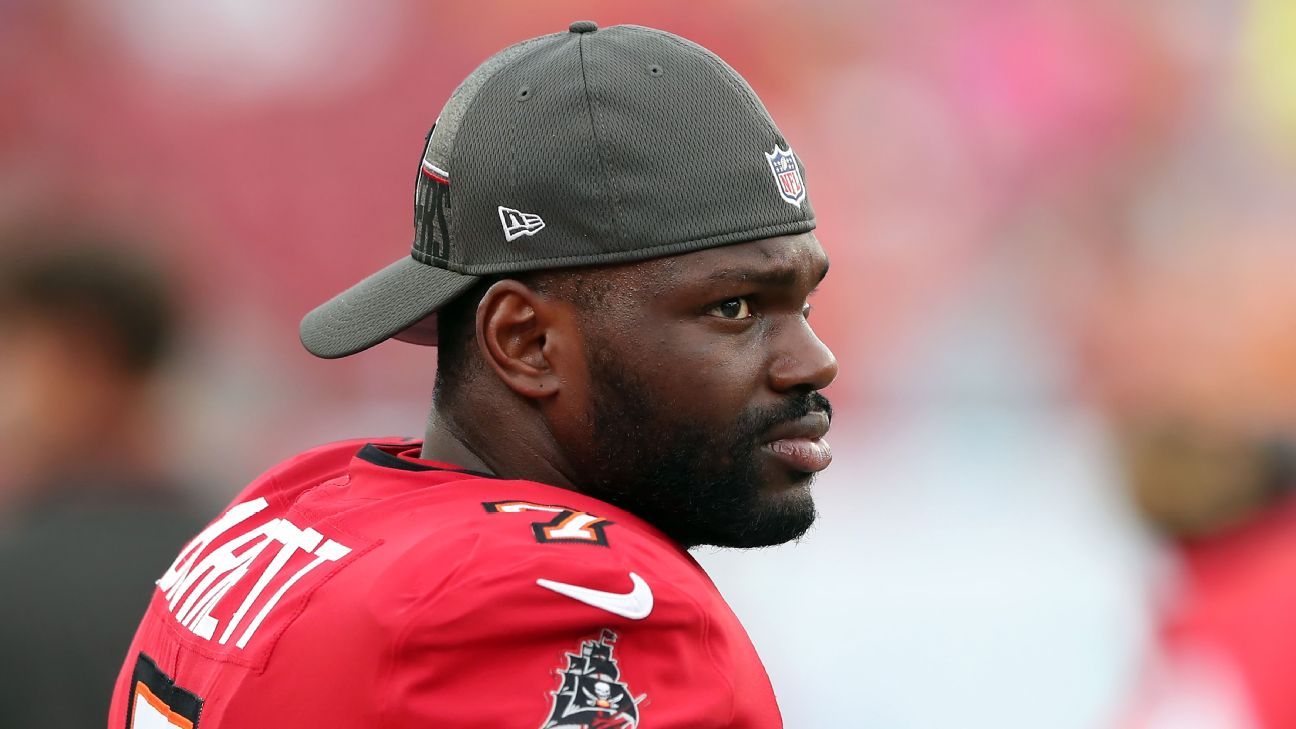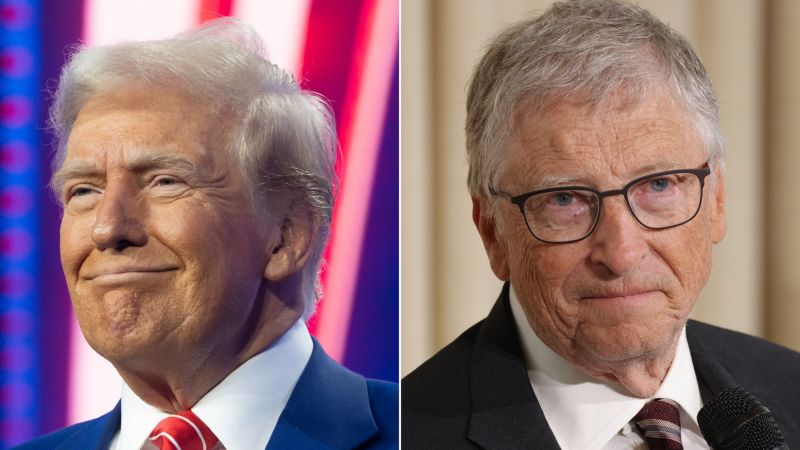The Federal Sports Minister says the Australian team heading to Tokyo for the Paralympic Games in August will need to think carefully about their individual situations before making any final decisions.
Key points:
- Most athletes will likely be included in the fourth phase of the national vaccine rollout
- Some Paralympic athletes could qualify for an earlier vaccination, but are still being warned over travelling
- Senator Richard Colbeck believes domestic sports’s bubble system will be a requirement even with the vaccine
Senator Richard Colbeck met with national sports bodies during the week, including the Australian Paralympic Committee (APC), to discuss the national rollout of the vaccine against COVID-19.
Most athletes will be included in the fourth phase of the rollout, which is not expected until May or June, but some Paralympic athletes may qualify to be vaccinated in phase two.
“They may come into category 1B because they may have some clinical conditions that warrant them getting access to the vaccine at that particular point in time,” Minister Colbeck told The Ticket.
“Many of them are going to have to be very careful about the decisions that they make in respect to what they do because some of them are more susceptible to the impacts of the virus than others … that’s going to be an important part of the decision-making process.”
Australia’s team for the Paralympic Games is expected to number around 350, including 175 athletes plus carers and support staff.
Australian Paralympic Committee (APC) boss Lynne Anderson says while there are no specific requirements needed for the Paralympic team, individual members within it have their own unique situations.
“I remember I came into this job just before [the 2016 Paralympic Games in] Rio and the Zika virus was the big one then and that had certain complications for some of our athletes.”
The APC had an online athlete forum on Friday but, Anderson says, like all athletes they are mostly focused on being prepared for their events.
“Yes, preparations are different just as the whole world’s different, so I’m not saying that there’s not extra things to take into consideration but from our point of view, as a cohort, they are very focused on the Games,” she said.
“We had a really good session this week which Senator Colbeck hosted for sports around the vaccine rollout … that’s a massive exercise that’s being attempted … they’ve been keeping us really well informed.”
Overseas teams will have to quarantine upon return — even with vaccine
Australian sports have relied heavily on the advice from three chief medical officers (CMOs) — Acting Federal Government CMO Professor Michael Kidd, the Australian Institute of Sport’s David Hughes and the APC’s Rachel Harris.
Senator Colbeck said the bubble system used by domestic leagues in the past year would not be relaxed even with the vaccine, and for those teams returning from overseas — such as the Olympic, Paralympic and cricket teams — mandatory quarantining on return will be required.
“I don’t see those [protocols] changing in the short term because we don’t know enough about what the vaccine does,” he said.
“We don’t know that it prevents serious disease, that’s really important, we don’t understand yet whether it prevents transmission, that is a really critical piece of information for us to gather.
“That will come in time as more people are vaccinated both here and around the world and then perhaps you might look at the protocols, but the disciplines really need to stay the same as they are now for the foreseeable future.
There are also no guarantees the rollout will go according to the Government’s schedule, with production issues already interfering with distribution across Europe.
“We’ll have up to 50 hubs for the Pfizer vaccine located around the country for the distribution of that vaccine — when that’s available — straight away,” Senator Colbeck said.
“Once the AstraZeneca vaccine is approved by the regulator and then becomes available, we’ll start making that available through the health hubs that’ll exist through the state, through pharmacies, through GPs and other normal types of distribution that we use for other vaccines.
“We’ll continue to build the capacity … so if it goes as we hope we may, for example, get to category 2B, which is where most of the athletes will sit … by say May or June, which will give them the capacity to have the two shots by the time they go to the Olympics in late July and the Paralympics obviously in August.”
‘For the athletes’ sake I really do hope the Games go ahead’: Colbeck
Senator Colbeck has an invitation to attend both Games, but with decisions still to be made by the International Olympic and Paralympic Committees and the Tokyo organising committee, his invitation could be withdrawn.
“I have an invitation, that’s something that I would love to be able to do, to attend a Games, but I think we have to understand what the overall Games are going to look like,” he said.
“It is going to be very different from Games in the past, it may be a Games without spectators.
“There may be no place for dignitaries, officials, ministers or anyone else.
“They’re putting in an enormous amount of work and I hope that’s rewarded by the opportunity to compete in Tokyo.”
Paralympic long jumper Vanessa Low told ABC Grandstand that constant rumours around the cancellation of the Games have been distressing.
“To be honest, it’s quite heartbreaking, the rumours over and over again,” she said.
“Knowing that the host country, the host city, continues to communicate that the Games are going ahead and that there’s no doubt about it.”







